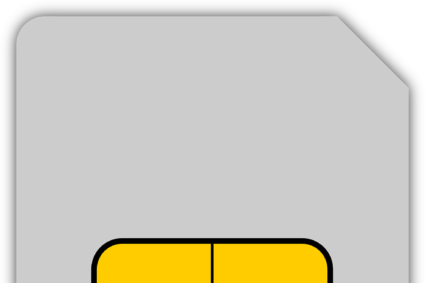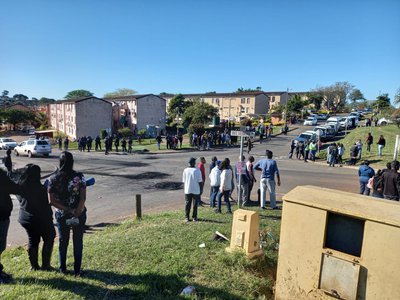
AI will be used to help those wildlife animals to be safe and prevent any road blacks that are happening in Brazil.

Using AI to mitigate wildlife roadkill incidents in Brazil is a promising initiative that could significantly benefit both wildlife conservation efforts and road safety. Brazil’s diverse ecosystems are home to a wide array of species, many of which are at risk due to habitat fragmentation and increasing human activity, including road infrastructure.
By employing AI technology, such as machine learning algorithms and sensors, it’s possible to develop systems that can detect and predict wildlife movement patterns near roads. These systems can then alert drivers in real-time, allowing them to take preventive measures and avoid collisions with animals. Additionally, data collected from these systems can help identify high-risk areas and inform conservation strategies to mitigate the impact of roads on wildlife populations.
Implementing such AI-based solutions requires collaboration between various stakeholders, including government agencies, conservation organizations, and technology developers. By working together, it’s possible to leverage technology to address complex environmental challenges and protect Brazil’s rich biodiversity for future generations.
It’s heartbreaking to hear about the significant impact of roadkill on Brazil’s wildlife, with an estimated 475 million vertebrate animals falling victim to road accidents each year. Gabriel Souto Ferrante’s initiative to use AI technology to address this issue is both innovative and timely.
By focusing on identifying the medium- and large-sized species most at risk, such as the puma, giant anteater, tapir, maned wolf, and jaguarundi, Souto’s approach targets some of the most vulnerable members of Brazil’s biodiversity. Creating a database with thousands of images of these animals and training an AI model to recognize them in real-time demonstrates the potential for technology to aid in wildlife conservation efforts.
The use of AI to alert drivers to the presence of wildlife on roads has the potential to significantly reduce the number of animal fatalities and mitigate the impact of roads on wildlife populations. It’s inspiring to see young innovators like Souto leveraging their skills and knowledge to address pressing environmental challenges, and his work could have far-reaching implications for wildlife conservation not only in Brazil but around the world.
Souto’s collaborative efforts with the USP Institute of Mathematical and Computer Sciences have led to successful tests of his AI-based solution, as recently published in the journal Scientific Reports. The project represents a promising step towards addressing the significant issue of wildlife roadkill in Brazil.
For the technology to be implemented on a larger scale, Souto emphasizes the need for support from road management companies, including access to traffic cameras and “edge computing” devices for real-time warnings to drivers. Additionally, collaboration with road concession companies is essential to address the aftermath of wildlife strikes, such as removing the animal or capturing it safely.
The potential benefits of this technology extend beyond wildlife conservation, as reducing wildlife strikes could also save human lives. Brazil’s roads are increasingly congested, leading to higher risks for both animals and drivers.
Despite previous attempts to mitigate wildlife roadkill, such as signage, fauna bridges, and tunnels, the scope of the problem remains significant. Bager highlights the limitations of existing strategies, emphasizing the need for innovative solutions like Souto’s AI-based approach to effectively address the issue.
By leveraging technology and collaboration between various stakeholders, there is hope for reducing the devastating impact of roadkill on Brazil’s wildlife and improving road safety for all.
Souto’s previous project, the Urubu app, demonstrates the power of crowdsourcing and technology in addressing the issue of roadkill in Brazil. By allowing thousands of users to contribute information on roadkill sightings, the app facilitated the identification of roadkill hotspots, raising public awareness of the problem.
The success of the Urubu app even led to the inspiration of a bill on safe animal crossing and circulation, which is currently awaiting a vote in Congress. This legislative initiative underscores the importance of public engagement and technological innovation in driving policy change for wildlife conservation and road safety.
Unfortunately, due to a lack of funding, the Urubu app was shut down last year. However, Bager remains determined to reactivate the app, recognizing the continued need for effective solutions to address the growing challenge of roadkill in Brazil.
With the increasing expansion of roads and vehicles in the country, coupled with a rising number of roadkill incidents, initiatives like the Urubu app and Souto’s AI-based solution offer hope for mitigating the impact on wildlife and improving road safety for all.
















